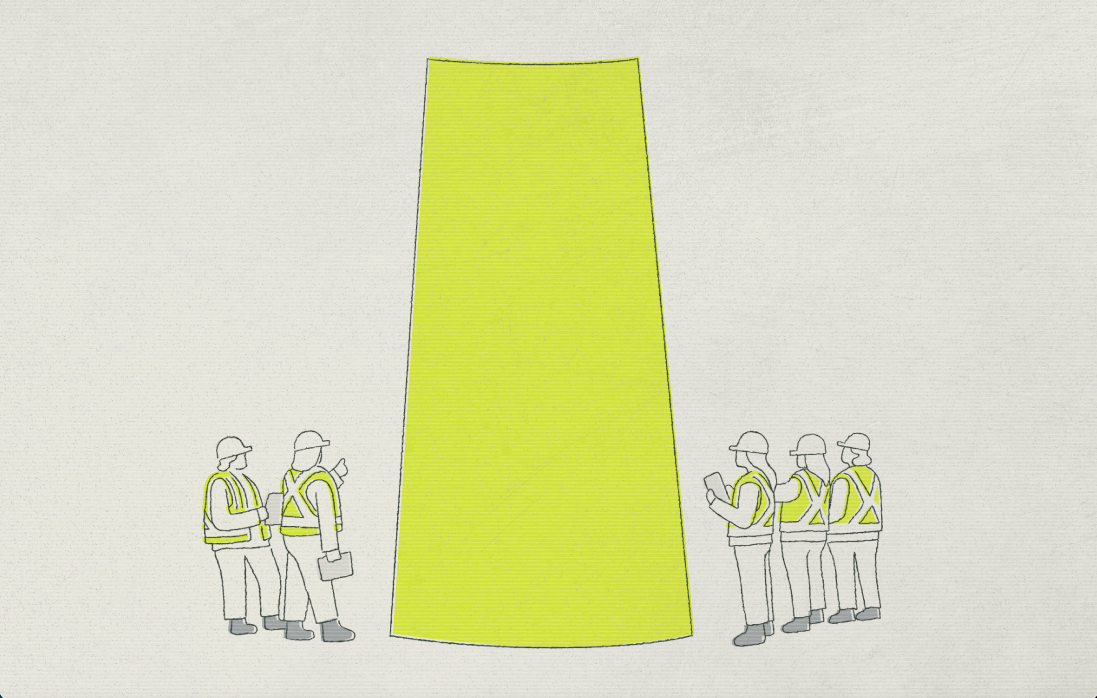
One non-profit organization seeks to increase gender parity in Saskatchewan’s mining industry with programming to help students network and receive mentoring from those currently in the field.
Women in Mining and Women in Nuclear Saskatchewan aims to progress towards gender parity in the industries by ensuring equal access to knowledge about opportunities and jobs in the industry. Data from Statistics Canada shows that women are underrepresented in Saskatchewan’s mining labour force, despite declines in the size of the industry’s overall labour force.
Janviere Uwanyirigira is studying for her master’s degree in geology at the University of Saskatchewan and has volunteered with WIM/WIN-SK on the training and communications committees for the past year.
“For me, I wanted more [opportunities for] networking because I’m an international student and new to Saskatchewan,” Uwanyirigira said when asked why she joined the non-profit.
Maryann Deutscher, WIM/WIN-SK’s executive director, says that institutions like the University of Saskatchewan provide support to those entering the industry to increase gender parity, but that programming by non-profits give students a connection to the current labour force that is sometimes not available in academia.
“I think the thing that [the U of S] are looking to us to do as a non-profit is to provide, for lack of a better word, boots on the ground,” Deutscher said.
WIM/WIN-SK offers events for students to meet professionals in the mining and nuclear industries, skills workshops and scholarships to students entering the field.
“I’ve been involved in mining for probably about 20 years, and yes, I can say that there’s definitely what I would consider the pipeline,” said Deutscher.
Deutscher considers post-secondary education as part of a “pipeline” bringing new people into the mining industry and says that the women who are now entering that pipeline can benefit from extra assistance to move along it.
Potentially negative perceptions around careers in mining, and lack of awareness of possible careers, have been cited as reasons for the limited number of women in the industry. Studies have also suggested that a lack of women in senior leadership positions, and thus fewer mentors, is a reason for the gender gap.
“Saskatchewan is a very mineral-rich province, and we have the largest potash deposits in the world, and when you look to clean energy and nuclear power … the opportunities are going to continue to grow within Saskatchewan in that leadership position,” Deutscher said.
Uwanyirigira says that it is important that information about available career paths be free and readily available to students.
“I remember as an undergrad, [since] geology has different specialties and sectors, as a student you actually have no idea what people do outside university. You have no idea about the different careers,” Uwanyirigira said.
Deutscher says that WIM/WIN-SK’s programming is available to all students entering the industry, as they believe achieving gender parity is a shared responsibility.
“Women can’t do it on their own. There needs to be that collaborative effort across the whole organization and create that diversity,” Deutscher said.
—
Sandra LeBlanc | News Editor
Graphic: Jaymie Stachyruk | Graphics Editor
Leave a Reply